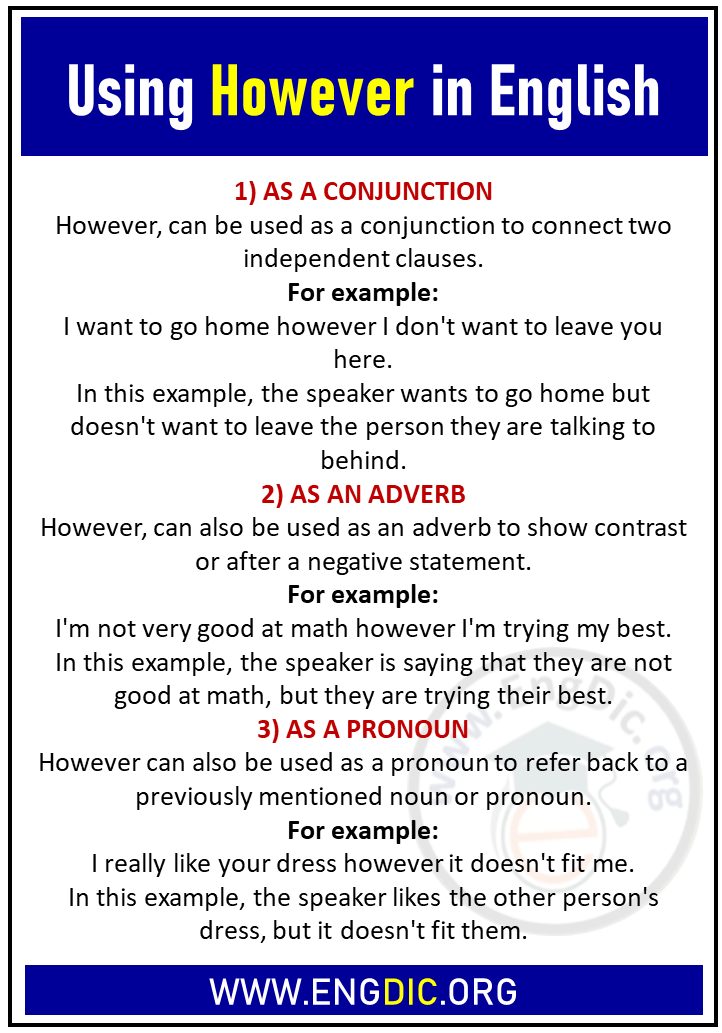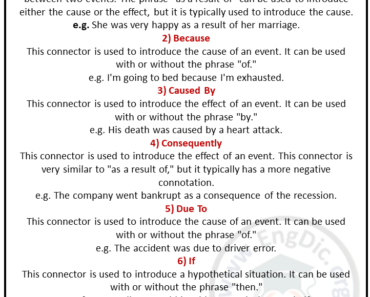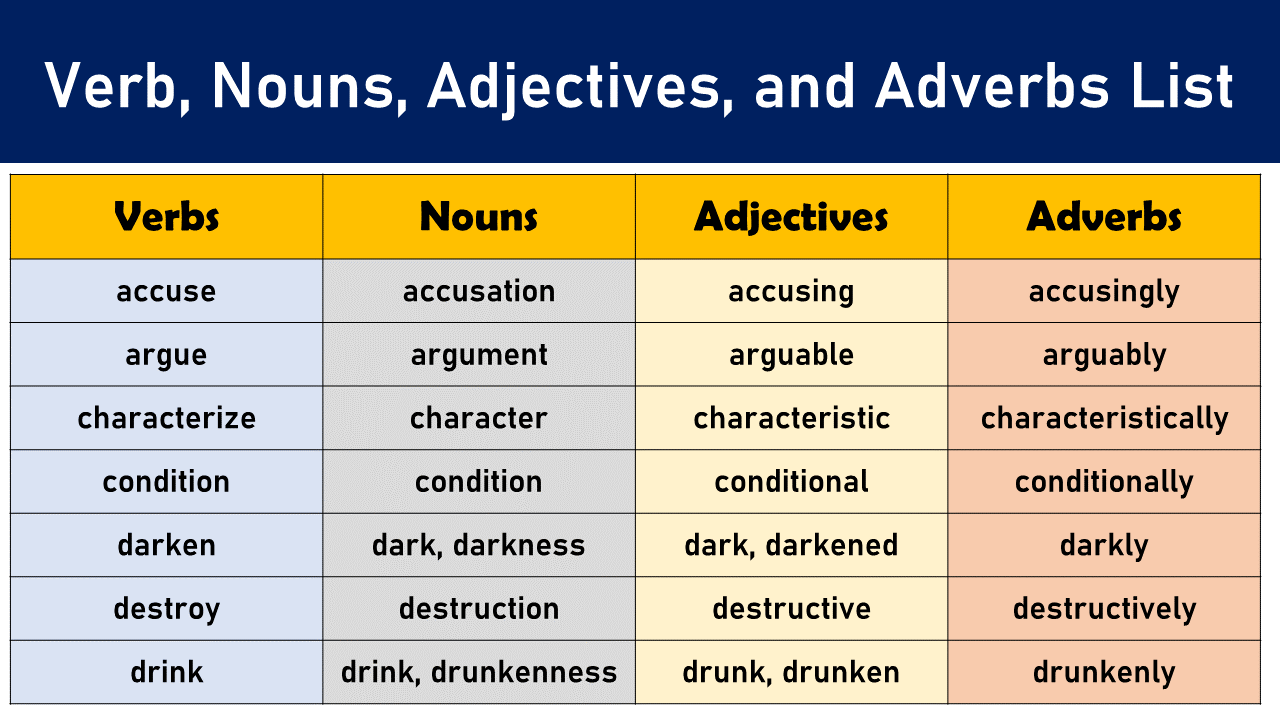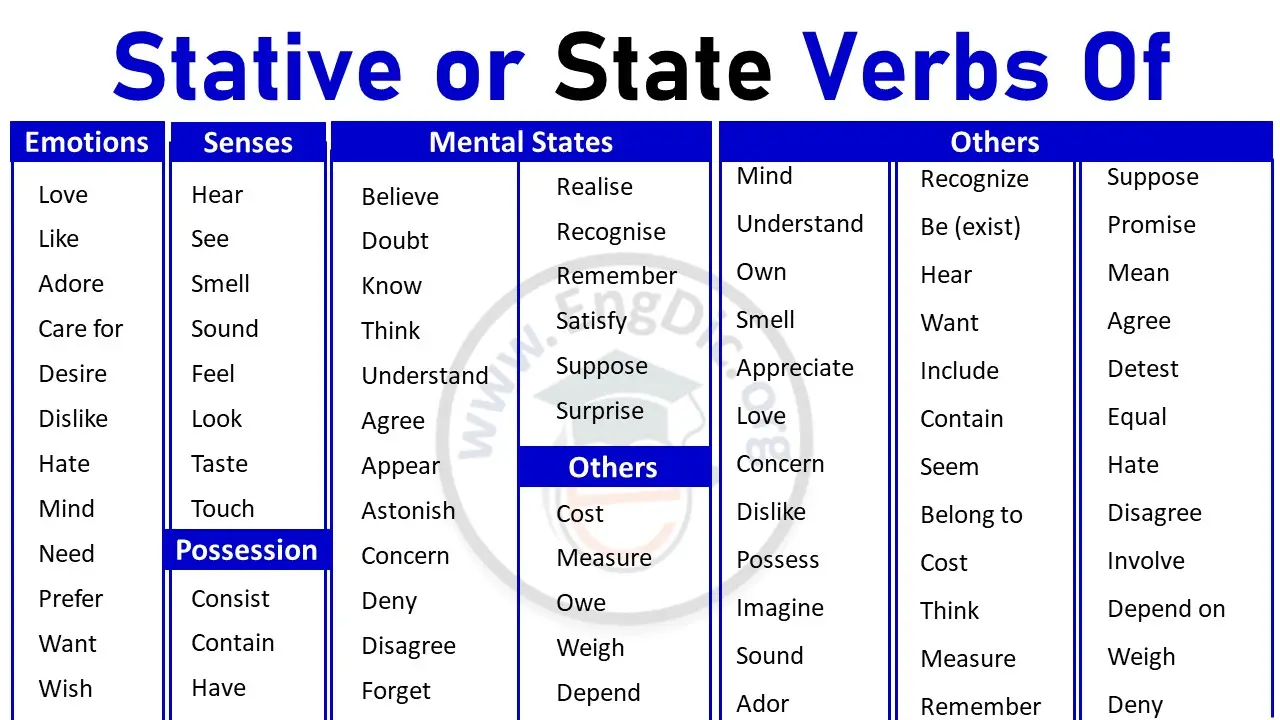Using However in English (Rules and Examples)

However, is a versatile word that can be used in many different ways. However, many people are unsure of when and how to use it correctly. In this blog post, we’ll take a look at some common uses for however and give you some tips on how to use it as a native speaker. Stay tuned for some helpful examples and usage tips!
How to Use However in English?
The word however can be used as a conjunction, adverb, or pronoun. Let’s take a look at each of these uses:
1) As a Conjunction
However, can be used as a conjunction to connect two independent clauses.
For example:
I want to go home however I don’t want to leave you here.
In this example, the speaker wants to go home but doesn’t want to leave the person they are talking to behind.
2) As an Adverb
However, can also be used as an adverb to show contrast or after a negative statement.
For example:
I’m not very good at math however I’m trying my best.
In this example, the speaker is saying that they are not good at math, but they are trying their best.
3) As a Pronoun
However can also be used as a pronoun to refer back to a previously mentioned noun or pronoun.
For example:
I really like your dress however it doesn’t fit me.
In this example, the speaker likes the other person’s dress, but it doesn’t fit them.
Tips to Use ‘However’
Now that we’ve looked at some common uses for, however, let’s take a look at some tips on how to use it correctly:
1) However should only be used to connect two independent clauses if there is a clear contrast between the two ideas.
For example:
- I love cats however I’m allergic to them.
In this example, the two clauses are connected by the word ‘however’ but there is no clear contrast between the two ideas. It would be better to use different conjunction such as ‘but’.
2) However can also be used to show contrast or after a negative statement.
For example:
- I don’t know how to swim however I’m going to learn.
In this example, the speaker is saying that they don’t know how to swim, but they are still going to try and learn.
3) However should not be used as a substitute for ‘but’.
For example:
- I really like your dress however I don’t like the color.
In this example, the speaker likes the other person’s dress, but they don’t like the color. It would be better to use ‘but’ to connect these two independent clauses.
4) However can also be used as a pronoun to refer back to a previously mentioned noun or pronoun.
For example:
- I really like your dress however I can’t find it.
In this example, the speaker liked the other person’s dress, but they can’t find it. It would be better to use ‘it’ instead of ‘however’ to refer back to the noun ‘dress’.
Hopefully, these tips will help you use however correctly in your own English conversations!
How to Use “However” with Example Sentences?
- However, she is my friend.
- However, I don’t know how to swim.
- However, he is very smart.
- She is my friend; however, I don’t know how to swim.
- He is very smart; however, he doesn’t like school.
- I want to go home; however, I don’t want to leave you here.
- However, I don’t know how to swim.
- They are very smart; however, they don’t know how to swim.
- I want to go home; however, I don’t want to leave you here.
- However, I don’t know how to swim.






